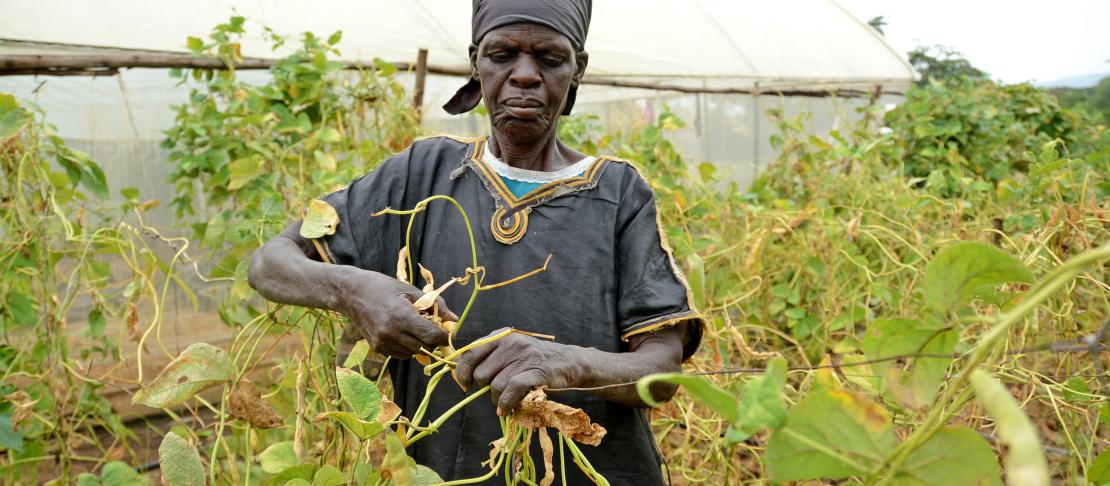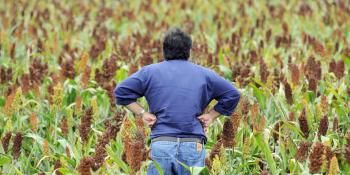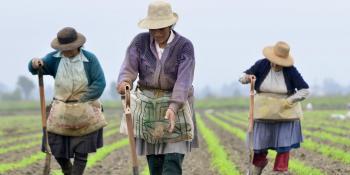Agriculture gets recognised at COP17 in Durban

Summary
The research was led by the CCAFS Coordinating Unit.
Despite the fact that agriculture both is a driver and victim of climate change, the sector was sidelined in the United Nations Framework Convention on Climate Change (UNFCCC) negotiations in 2009 and 2010. A breakthrough occurred in 2011, at COP17 in Durban, when agriculture was referred to the Subsidiary Body for Scientific and Technological Advice (SBSTA) agenda for more detailed discussion. CCAFS, in collaboration with many other agencies, helped achieve this groundbreaking outcome. Notably, the Meridian Institute convened a group of independent experts and negotiators to develop an objective report on key issues and policy options in relation to agriculture and climate change.
CCAFS was a co-author of this report, and the CCAFS-facilitated Commission on Sustainable Agriculture and Climate Change developed essential background information for this report. These efforts were complemented by high level engagement activities including:
- participation in the agricultural Ministerial meeting prior to Durban;
- co-organisation of the Wageningen science meeting on climate-smart agriculture, which produced a statement with relevance to the Durban negotiations;
- organisation of the Agriculture and Rural Development Day event in Durban, where high profile speakers emphasised the need to incorporate agriculture within the UNFCCC negotiations to an audience of nearly 600 participants;
- technical support for African regional farmers’ organisations in their preparation for Durban.
Key facts
- Despite being sidelined in 2009 and 2010, negotiators agreed to include agriculture within future negotiations and referred agriculture to the Subsidiary Body for Scientific and Technological Advice (SBSTA) at COP17.
- CCAFS contributed to the report on key issues and policy options in relation to agriculture and climate change.
- The CCAFS-facilitated Commission on Sustainable Agriculture and Climate Change released its recommendations prior to COP17, with one focused on COP17.
- A series of high-level engagement activities were organized for ministers, negotiators, scientific community, and farmer organisations.
Lessons: key elements of success
- Multi-pronged engagement via background reports, meetings and facilitated discussions provided a common viewpoint for diverse actors.
Further reading
- Victories for food and farming in Durban climate deals
- Commission on Sustainable Agriculture and Climate Change
- Meridian Institute Agriculture and Climate Change Policy Brief
Related research outputs
- Beddington J, Asaduzzaman M, Fernandez A, Clark M, Guillou M, Jahn M, Erda L, Mamo T, Van Bo N, Nobre CA, Scholes R, Sharma R, Wakhungu J. 2011. Achieving food security in the face of climate change: Summary for policy makers from the Commission on Sustainable Agriculture and Climate Change. CGIAR Research Program on Climate Change, Agriculture and Food Security (CCAFS). Copenhagen, Denmark.


